The Wolf’s Call
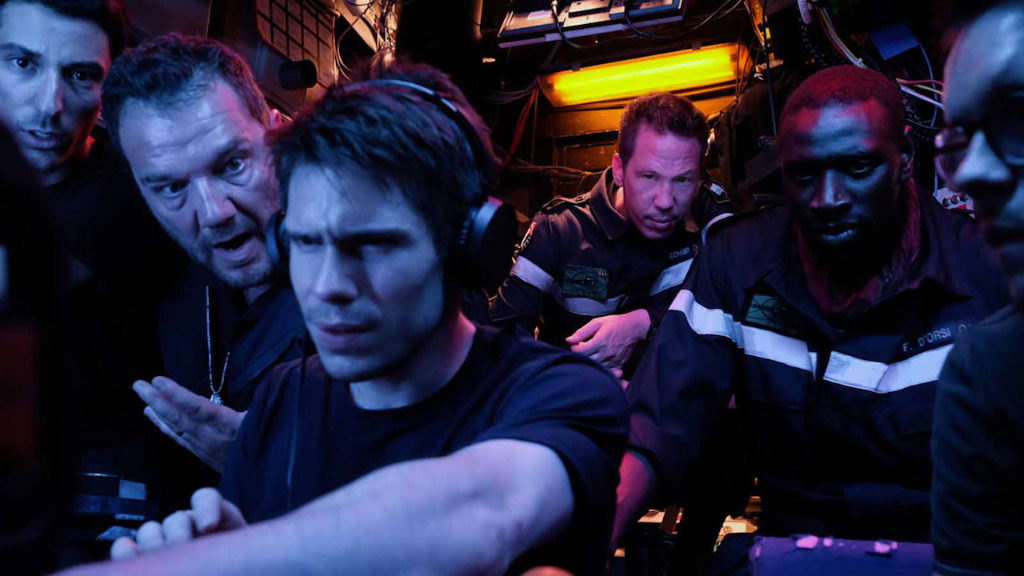
“Human beings come in three kinds: the living, the dead, and those who go to sea.” On a French maritime mission to the Mediterranean coasts of Tartus, an encounter with an unidentified sonar object proves more perilous than previously anticipated. Acoustic warfare analyst Chanteraide (François Civil), known for his extraordinary hearing capabilities, must use his auditory gift for distinguishing sounds to keep his nuclear submarine out of harm’s way.
Picked up by Netflix for distribution in numerous international territories, including the US, writer-director Antonin Baudry’s debut feature has an eye-popping $23 million budget, and it shows. With exceptionally high production values, including countless complex underwater scenes, there is no doubt as to why The Wolf’s Call is a far cry from the potential-driven independent arthouse film; instead it sways towards the commercialised Hollywood blockbuster, giving the picture enough leg room to comfortably showcase its ambitious artistic endeavours, though at the cost of occasionally compromising certain plot elements.
Putting Civil in the leading role, where he steers the ship into, at times, trying situations, is key for the movie’s exploration of the dichotomy between loyalty and duty. He encapsulates both the knowledgeable, assertive type and the compassionate, considerate one, traits that a leader in his position must possess. Civil is a scene-stealer, a breath of fresh air in this sometimes intricate plot.
In many ways reminiscent of today’s edgy geopolitical climate, The Wolf’s Call offers an insider’s look into what really goes on behind closed doors, the importance of a country’s naval protection force, and the unimaginable difficulties faced when mishaps large enough to change the future course of territorial ties ensue.
Ghazaleh Golpira
The Wolf’s Call is released in select cinemas on 6th December 2019.
Watch the trailer for The Wolf’s Call here:


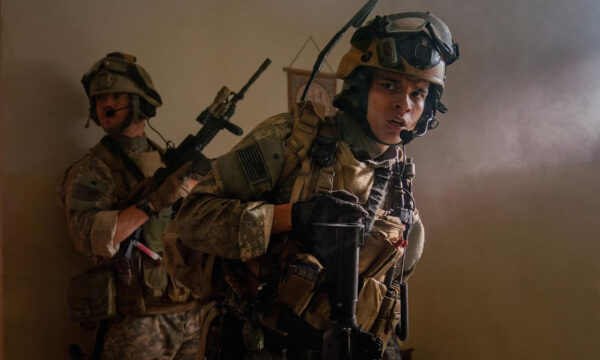
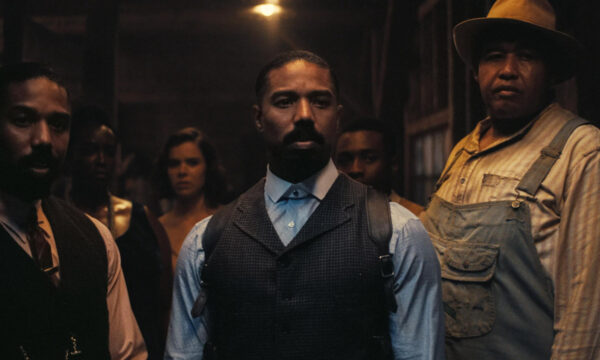


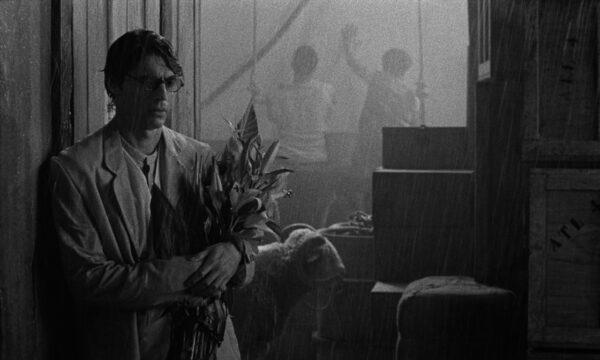
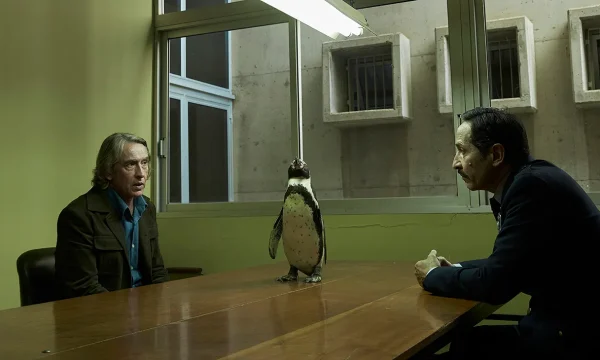

















Facebook
Twitter
Instagram
YouTube
RSS